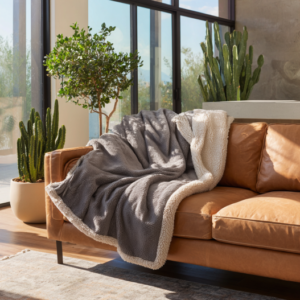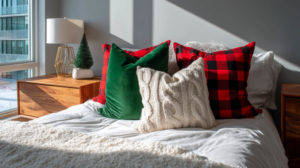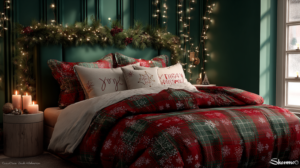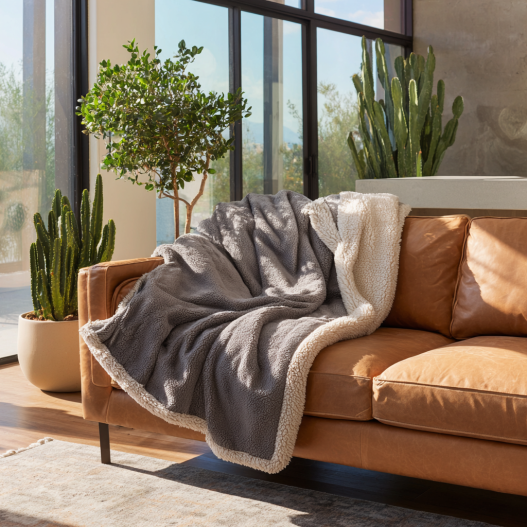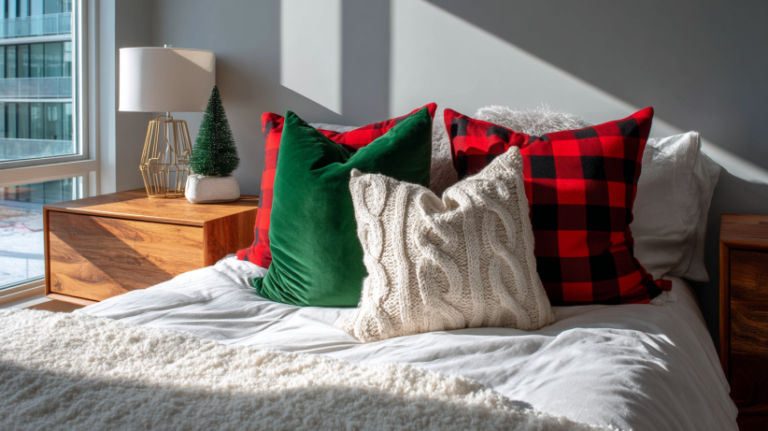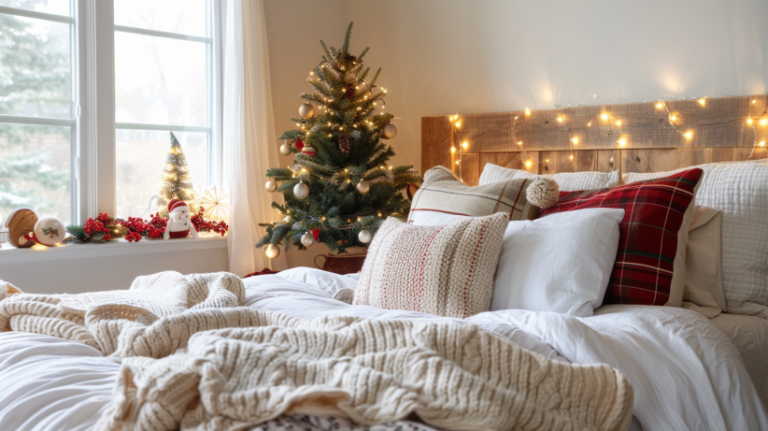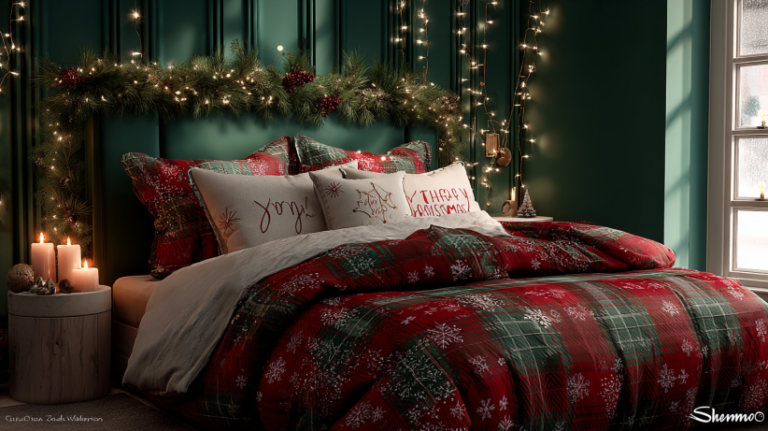Is Manchester Bedding Expensive
Is Manchester bedding expensive? The answer depends on materials, branding, and heritage—but there’s something for every budget if you know where to look.
Key Takeaways
- Manchester bedding refers to household linens—a term rooted in textile history from Manchester, England.
- Prices vary widely, from luxury Egyptian cotton to budget cotton-poly blends.
- The term evokes craftsmanship, but doesn’t guarantee high cost.
- Retailers in Australia and New Zealand use “Manchester” as a catch-all for bedding categories.
- Shopping smart—like waiting for seasonal sales—can make Manchester bedding affordable.
Understanding the Term “Manchester”
The term “Manchester” comes from the English city that became a powerhouse of textile manufacturing during the Industrial Revolution. Known as “Cottonopolis,” Manchester gained fame for its cotton and linen production. Products shipped from the city were labeled with its name, which gradually evolved into shorthand for household linens—especially in countries like Australia and New Zealand.
Today, when someone refers to Manchester bedding, they’re not talking about geographical origin but a category of home essentials that includes everything from quilt covers to pillowcases. The historical prestige of the name still adds a perceived sense of luxury and durability, making it a popular term for marketers and retailers alike.

How Much Does Manchester Bedding Really Cost?
So, is Manchester bedding expensive? It can be—but not always. The pricing depends on several factors including fabric type, brand, thread count, and design features.
- Premium Manchester Bedding: These sets often feature Egyptian cotton, bamboo viscose, or sateen weaves. Expect prices from $180–$300 AUD for a queen-size sheet set with a thread count of 800–1000.
- Mid-Range: Cotton blends or 100% cotton sets with thread counts between 300–600 typically cost between $80–$150 AUD.
- Budget Options: Basic cotton-polyester sets, often sold in supermarket chains or during seasonal sales, can be found for $40–$60 AUD.
Major retailers like Myer and Manchester Warehouse offer wide pricing tiers, making Manchester bedding accessible for all budgets.

Why the Heritage Adds Value
Consumers often associate the term “Manchester” with long-lasting, high-quality textiles. This perceived heritage allows some brands to position their products as more exclusive, driving up prices. Still, the name itself doesn’t guarantee luxury—think of it as a marketing umbrella under which a variety of qualities and price points exist.
For example, an Australian shopper might recall purchasing Manchester linens during annual sales—a nostalgic tradition reinforced by store signage and advertising campaigns from as early as the 1900s. What was once a colonial import has now become a deeply ingrained retail identity in local department stores and online shops alike.

So, is Manchester bedding expensive? Sometimes—but its versatility means you can also find budget-friendly options with style and comfort intact. Whether you’re outfitting a guest bedroom or upgrading your master suite, there’s a Manchester set for every need and price point.
FAQ
Why is it called Manchester bedding?
The term comes from Manchester, England, known for its textile production. The name stuck as a label for quality linens, especially in Australia and New Zealand.
Is Manchester bedding always high quality?
Not necessarily. While the name carries a reputation for quality, actual products range from luxurious to budget-friendly. Always check materials and construction.
Where can I buy affordable Manchester bedding?
Look at retailers like Manchester Warehouse, Myer, or major online platforms. Seasonal sales are a great time to score deals on quality sets.
What features should I look for?
Check for thread count (300+ for softness), material (like cotton or bamboo), weave type (sateen, percale), and eco-certifications for peace of mind.
Learn more in how to shop for bedding on a budget, or explore our full guide on choosing the right bedding materials.
You can also explore textile culture deeper in our article on The Evolution of Bedding Fabrics.



